Japan asks foreign media to write the prime minister's name: it's Shinzo Abe, not Shinzo Abe!
People who often read foreign media will find that the Chinese surnames in the front and ChineseTranslation"Abe" is different, in the English-language media, the Japanese prime minister's name is usually written“Shinzo Abe”(Shinzo Abe)。
According to foreign media reports, Japanese Foreign Minister Taro Erno (Taro Kono)21 to foreign media called for "Abe" to be translatedAbe Shinzo。
Respect Japanese tradition and correctly translate the name of the Prime Minister of Japan,"It's like writing the names of Chinese President Xi Jinping and South Korean President Moon Jae-in," he said, putting his last name in front and his first name in the back.
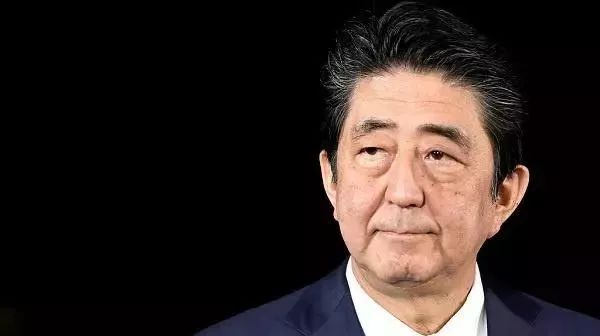
Japanese Prime Minister Shinzo Abe Picture: Vision China
The Washington Post wrote that before a series of international events, including Mr. Trump's visit to Japan and the G20, Japan began "showing the world's foreign media" to write the Japanese prime minister's name right.
“The new Reiwa era was ushered in, and we are hosting the Group of 20 summit. As many news organizations write Chinese President Xi Jinping and South Korean President Moon Jae-in, it is desirable for Prime Minister Shinzo Abe’s name to be written in a similar manner,” said foreign minister Taro Kono at a news conference Tuesday, according to the Mainichi Shimbun.
Japanese Foreign Minister Taro Edano said at a press conference on the 21st, according to Japan's Daily News:"Japan has ushered in a new era of orders and eras, and it is time to host the G20 summit. Many news organizations have written the chinese president's name as Xi Jinping and the South Korean president's name in the text, so they want to write the Japanese prime minister's name in the correct order' for Shinzo Abe’。”
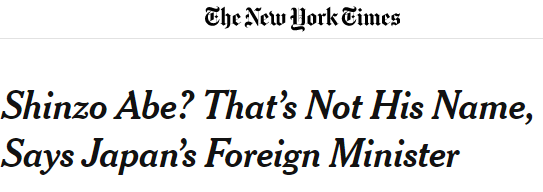
The New York Times: Shinzo Abe? Japan's foreign minister said that was not the prime minister's name

The Washington Post: Japan "is in the world."”: Call him Shinzo Abe, not Shinzo Abe
The Washington Post writes that foreign media's translation of Chinese and Korean names is customary, and that Japan's "name inverted" translation has a long history.
It is reported thatThe Japanese spelling of English in Western order, which began in the Meiji era, was one of Japan's internationalization initiatives at that time.
For almost a century and a half, however, Japanese names have been written in English the opposite way round, with the given name first. This practice was adopted during the Meiji Era as a part of broader attempts at internationalization and has now become standard, though exceptions exist and many historical names are still written with the family name first.
But for a century and a half, when Japanese names were translated into English, they were usually written in front of them.In order to become more international, the Meiji era in Japan adopted this form and gradually became the standard.Of course, there are exceptions, many historical figures' names are still translated before the last name.
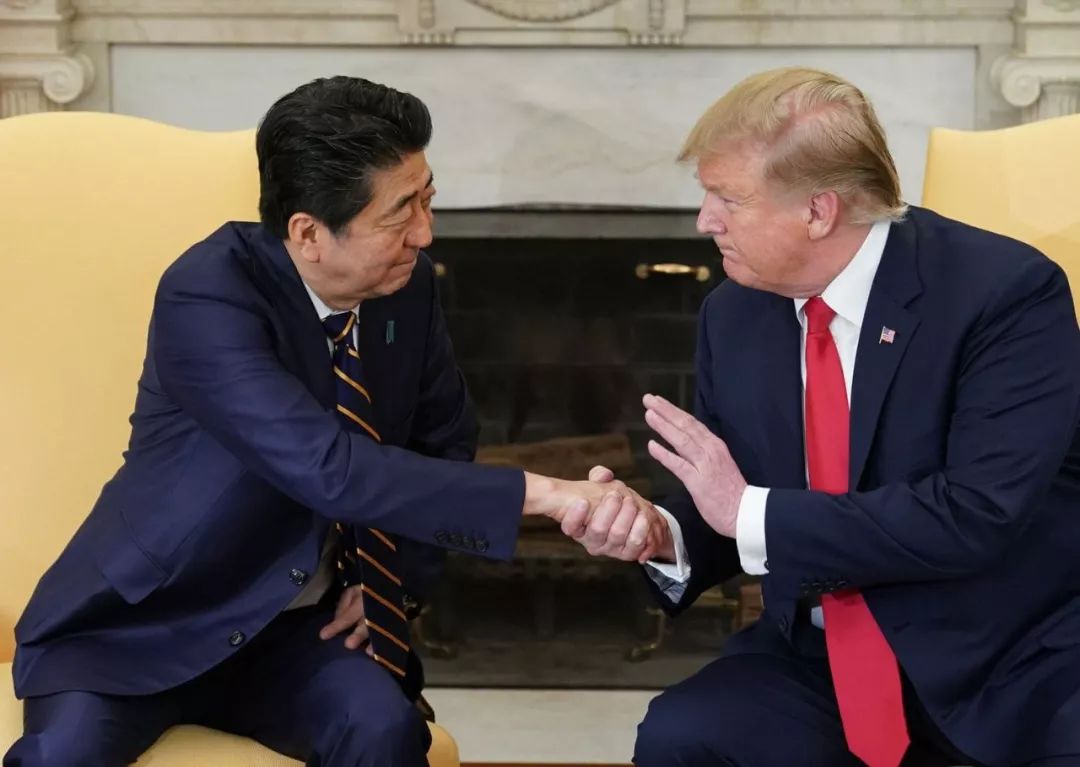
Photo: The Washington Post
But by 2000, Japan was hoping to return to traditional Japanese language practices.
According to Kyodo news agency, Japan Chinese the Review Conference(the National Language Council)A report was submitted in 2000"Language and cultural diversity should be recognized and used alive. In Roman writing, it is ideal to use the order of first and second names".
At that time, the Department of Culture also put forward requirements to government agencies, the prefecture, the state-owned private university, newspapers, radio and television publishing industry.
But there seems to be no consensus on the contents of the report, and the international community and the Japanese people are still accustomed to the Western tradition of "first-name, second-past-the-post" in English translation.
At a press conference on the 21st, Taro Erno said it was time to make a change, given Japan's New Year's eve and the G20 summit in June.
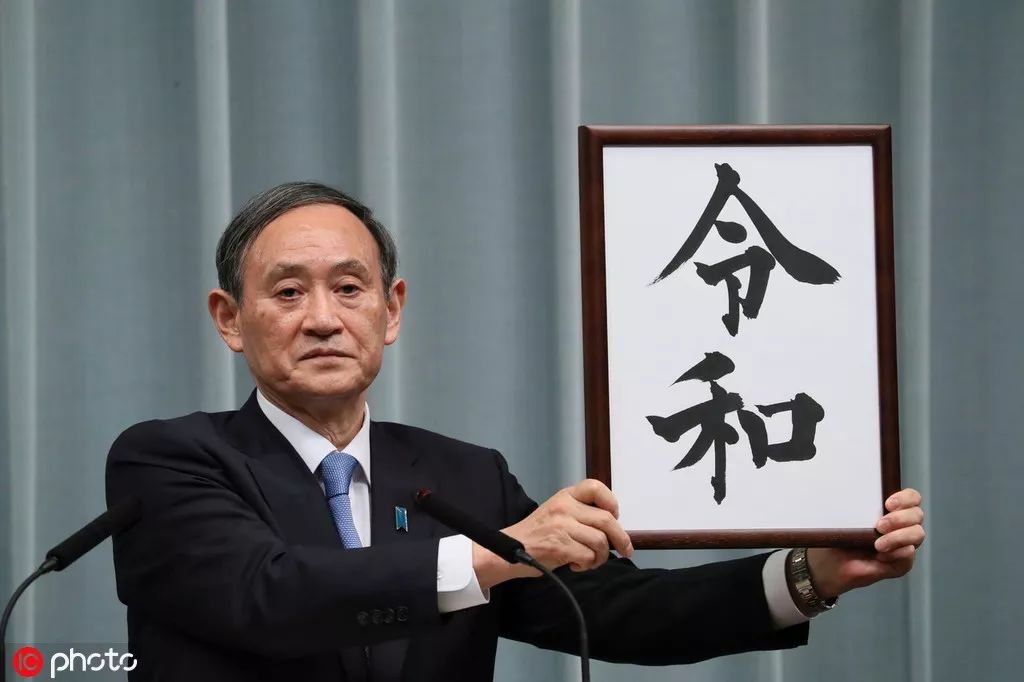
The hope is that with the new era will come a greater willingness for change.
It is hoped that with the coming of orders and times, people's willingness to change will become stronger.
"I am planning to issue a request to the international media," Kono said, adding he hoped Japanese English-language media would follow suit.
"I intend to make a request to the international media, " Mr Erno said, and he hoped the English-language media in Day would accept the request.
Will the foreign media be obedient? China Post: Not sure

It is unclear whether the U.S. government will heed the Japanese foreign minister's request, and there seems to be no agreement on the issue within the Japanese government, the Washington Post reported.
It is unclear whether the U.S. government will conform to Kono’s request. It also remains unclear whether the entire Japanese government is behind the idea.
CNN points out that most U.S. media use the Associated Press format guide(AP Stylebook), which contains Chinese names of japanese and Americans, but there are no writing rules that include Japanese names. The Associated Press translated the Japanese prime minister's name as "Shinzo Abe" when it reported the news.
Japan's foreign minister, Taro Erno, told parliament's Foreign Affairs and Defense Committee last month that he changed the name on his English business card to his first name and hoped the whole government would discuss the issue, the Daily News reported.
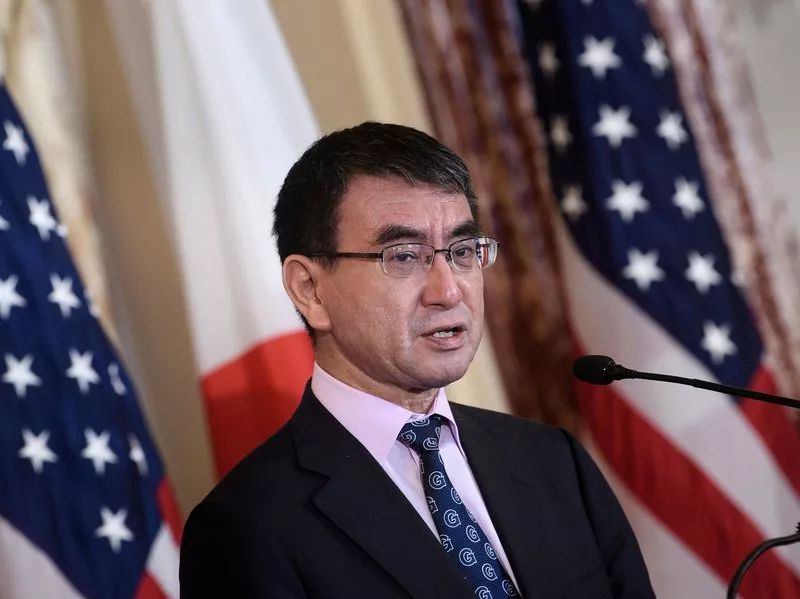
Japan Foreign Minister Taro Kono 图 Source: AFP/Getty Images
But some officials say: Have you consulted the Japanese people?
But Japan Sports Agency Commissioner Daichi Suzuki has said the public should be consulted before the move.
But Suzuki Land, head of Japan's sports department, said public comment was needed before changing its name.
“We should be deciding after spending some more time examining how discussions among the public are,” Suzuki said, according to the Mainichi Shimbun.
"We need to take some time to hear how the public is talking about it," Suzuki said, according to the Daily News.
Japanese people have different views on changes in the writing habits of English translation of names. To see a reporter from The Tokyo Station of China Daily:
Although Japan and China are like South Korea are Asian cultural circles, both at home are surnames in the back, but I think Japan as a more international country has no need to change, change will cause a lot of unnecessary misunderstandings. Besides always say so, also learn so, suddenly to change is not very troublesome?
Fujimori 岡, 紀 tokyo publishing company
Japan is not an English-speaking country, I also thought it was better to say last name first. But in order to be consistent with the United States, Japan began teaching children to write their first names and then their surnames in English classes at school. Therefore, the Japanese have long felt that it is normal to say first name and then last name, I do not think it is necessary for the G20 to change this habit.
- Central Asia, Osaka Business Company staff
I think this kind of change is better, should call me Yoshida Keiichiro, because Asian culture is attached to family culture, first say who you are, let's say who you are. Have a home to have you, should be like this.
- Ichiro Yoshida, employee of the Tokyo Advertising Company
Netizens have also posted messages on Twitter expressing their views.

The electronic signature of my e-mail has been a first name for years. It's too much trouble for me to look for, maybe 10 years ago.

I'm very much in agreement. This is a matter of course.

I really had doubts about this a long time ago. Is it necessary to adapt to foreign countries even for such things? I'm glad to see the news.

This matter, some people may say will cause confusion, but in Europe and the United States also often have the last name after the situation, there are other places. I think it's good.
Chief Cabinet Secretary Naoto Kan pointed out that there are many factors to consider to make adjustments. Ministry of Culture and Science Minister Chai Shanchangyan 21, said that although some people are worried about this, but the Ministry of Culture and Science still called on other government agencies to make changes.
Reporter: Wang Xu
Editing by Li Xueqing
Intern: 曌 Junru
Comprehensive source: CNN China Daily, Kyodo News Agency, Washington Post NPR, etc
Push and read
For Ren Zhengfei's interview yesterday, foreign netizens are so evaluated... Foreign media said
China Daily bilingual news

-Long press attention to China's largest bilingual information public number
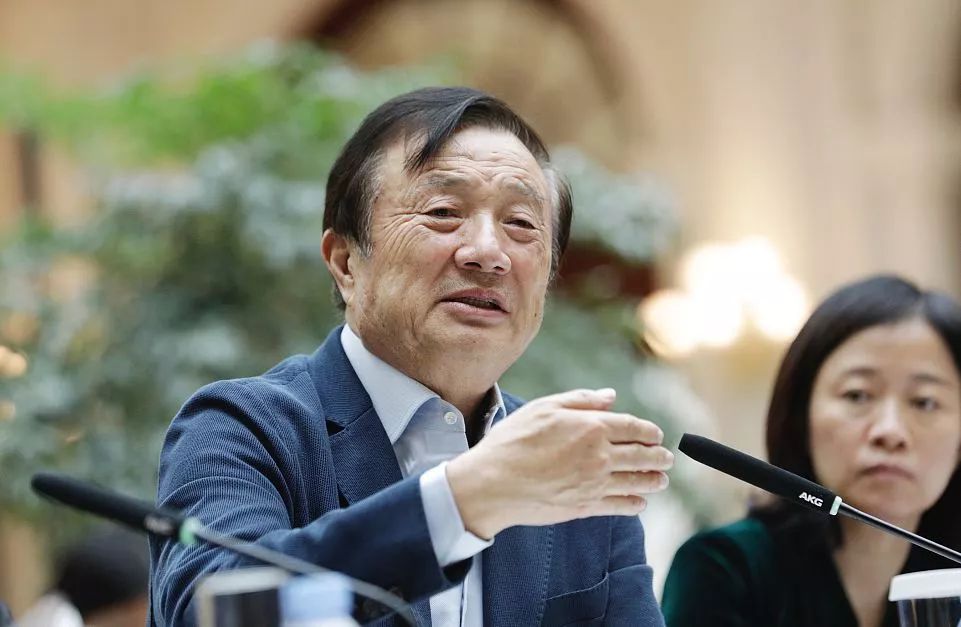
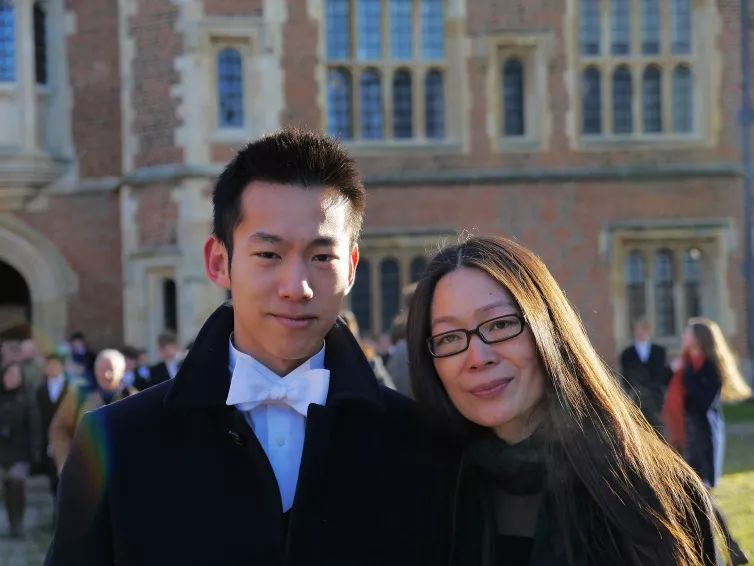
Go to "Discovery" - "Take a look" browse "Friends are watching"